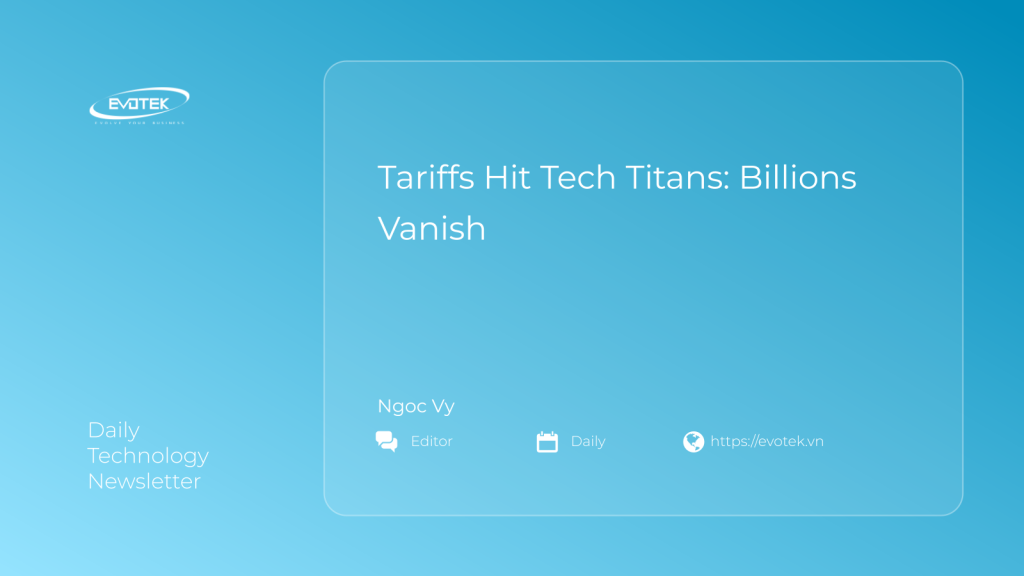Tech CEOs, once seen smiling behind Trump at his inauguration, are now facing the harsh realities of his tariff policies. Recent market turbulence has erased billions from their personal wealth and the value of their companies.
The market reacted sharply to Trump’s “Liberation Day” tariffs, impacting major tech stocks. Meta, Amazon, Google, Apple, and Tesla all experienced significant declines, reflecting investor concerns about the new trade landscape.
Mark Zuckerberg of Meta saw his wealth plummet by $17.9 billion, while Jeff Bezos of Amazon lost $16 billion. Elon Musk’s net worth decreased by $8.7 billion, illustrating the immediate financial impact on these tech leaders.
These losses occurred amid a broader market downturn, with the Dow Jones experiencing one of its worst days in history. The NASDAQ also suffered its largest single-day point drop, and the S&P 500 saw its biggest decline since the early days of the COVID-19 pandemic.
The market slide continued as China retaliated with tariffs on U.S. goods, exacerbating the financial strain on tech companies reliant on global supply chains.
During the 2024 election, Trump actively sought and received support from Big Tech, raising eyebrows given his hard-right Republican stance. Tech executives had hoped that backing Trump would lead to regulatory reforms and increased investment in artificial intelligence.
However, the new tariff regime threatens to disrupt these plans, potentially raising costs and hindering the development of AI infrastructure, which requires significant capital and long-term investments.
Despite recent losses, Musk remains the world’s richest person, followed by Bezos and Zuckerberg. However, the overall market plunge wiped out a staggering $208 billion from the world’s richest individuals, signaling a potential shift in the economic landscape.
Some analysts argue that the market correction reflects an overdue reassessment of overvalued tech stocks, labeling it a “Mag 7 problem” rather than a direct consequence of Trump’s policies.
The future remains uncertain for these tech giants as they navigate the complexities of the new tariff environment and its potential impact on their businesses and the broader economy.

 日本語
日本語 한국어
한국어 Tiếng Việt
Tiếng Việt 简体中文
简体中文